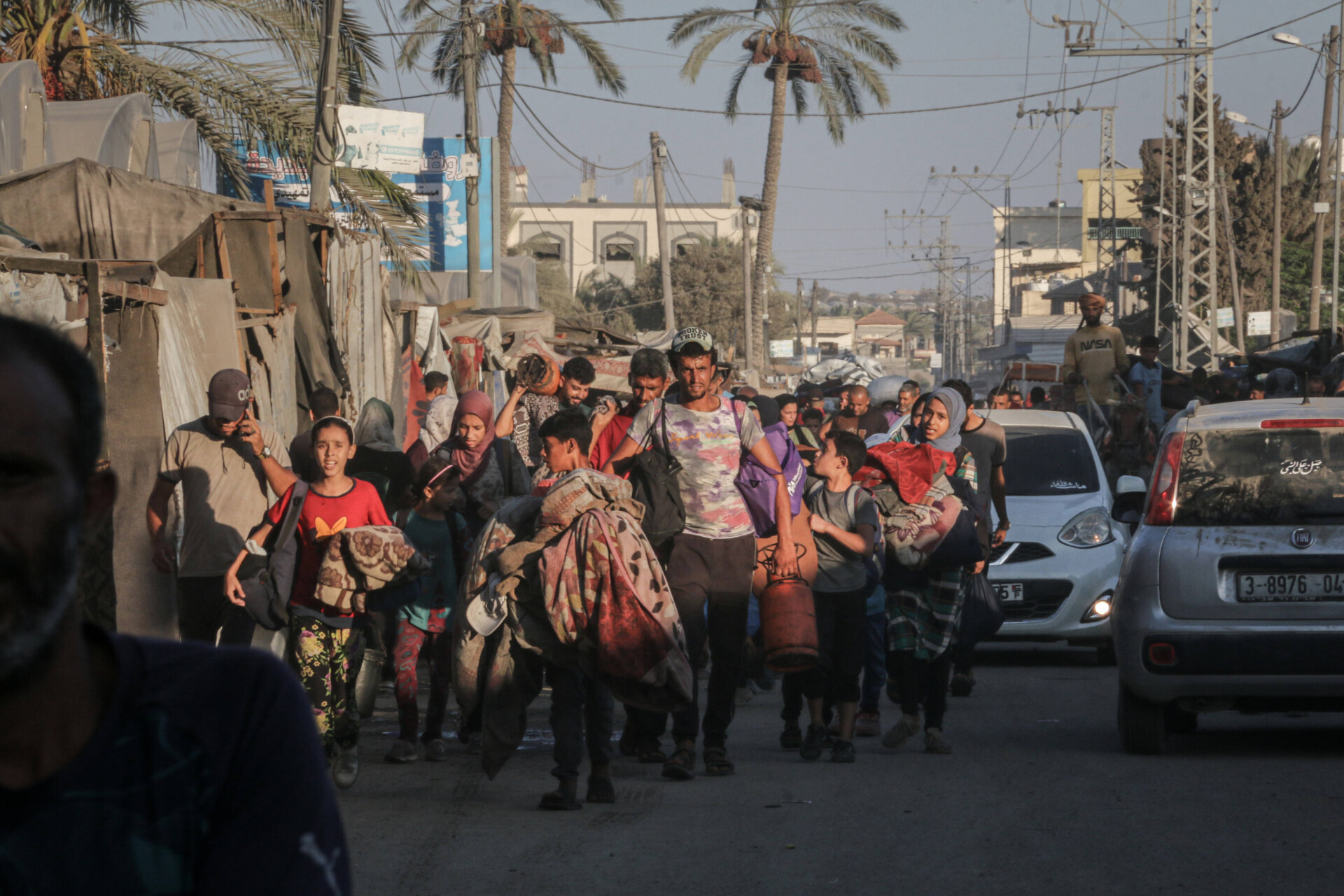As the world’s attention focuses on whether the conflict in the Middle East escalates into a regional crisis, masses of refugees are now making their way from Lebanon to Syria. The Lebanese caretaker Prime Minister Najib Mikati estimates that there are one million people already displaced because of the Israeli conflict with Hezbollah, with videos emerging of large numbers of refugees arriving at the Syrian border.
The situation in the Middle East now looks very much like 2015, when massive migration flows made their way to Europe as people were displaced due to the Syrian civil war. Recent estimates show that around one million people made their way to Europe that year, a number eerily similar to the one given by the Lebanese Prime Minister.
Standing between the masses of Lebanese refugees and Europe are Bashar al-Assad’s government in Syria and Recep Erdoğan’s government in Turkey. The Assad government sees Europe as having backed the rebels in the civil war and will have few scruples about sending the refugees to Europe. Erdoğan could in theory be more reasonable, but his government has taken a very strong stance against current Israeli foreign policy in the Middle East; since Europe is broadly backing Israel, it is possible that he will view the refugees as Europe’s problem to deal with.
There is also the possibility that the refugees take a more circuitous route to reach Europe. They might travel to countries in north Africa like Egypt, Libya or even Morocco and try to cross into Europe across the Mediterranean from there. Once again, this would be reminiscent of 2015, when Europeans were confronted with chaotic scenes of mass drownings in Italy, Greece and Spain.
Europe is by no means well-equipped to deal with another refugee crisis. The continent is already suffering from deindustrialisation due to high energy prices caused by the war in Ukraine. The European Union authorities are also making clear that after the pandemic and the war in Ukraine, the continent will have to stomach harsh budget cuts to reign in borrowing.
Europe is still trying to absorb the large number of refugees generated by the Russo-Ukraine war. According to the United Nations, there are currently more than six million Ukrainian refugees spread across Europe. In Germany alone there are over 1.2 million Ukrainian refugees. It is unclear if Europe could take the strain of another 2015-style migration crisis on top of this.
We are already starting to see immigration-related political instability in many European countries. This summer Britain exploded into anti-immigration riots after the stabbing of three young children in Southport. Something similar happened in Ireland in 2023, when the stabbing of three children provoked mass rioting in Dublin. Immigration is now a massive issue in Ireland, with the emergence of a protest movement and polls showing that immigration is the issue voters are most aware of. The populist ructions in countries like Germany also illustrate the scale of anti-immigration feeling across the continent.
2024 is not 2015. When the migrant crisis hit nearly a decade ago, Europe had little experience with migration waves of this type. The continent has now experienced two such waves and has seen first-hand how politically destabilising they can be. It is hard to think European politicians will welcome another 2015-style migration wave with open arms. But it may well be forced on them by circumstance. And if this happens, it might change Europe politically forever.











Join the discussion
Join like minded readers that support our journalism by becoming a paid subscriber
To join the discussion in the comments, become a paid subscriber.
Join like minded readers that support our journalism, read unlimited articles and enjoy other subscriber-only benefits.
Subscribe